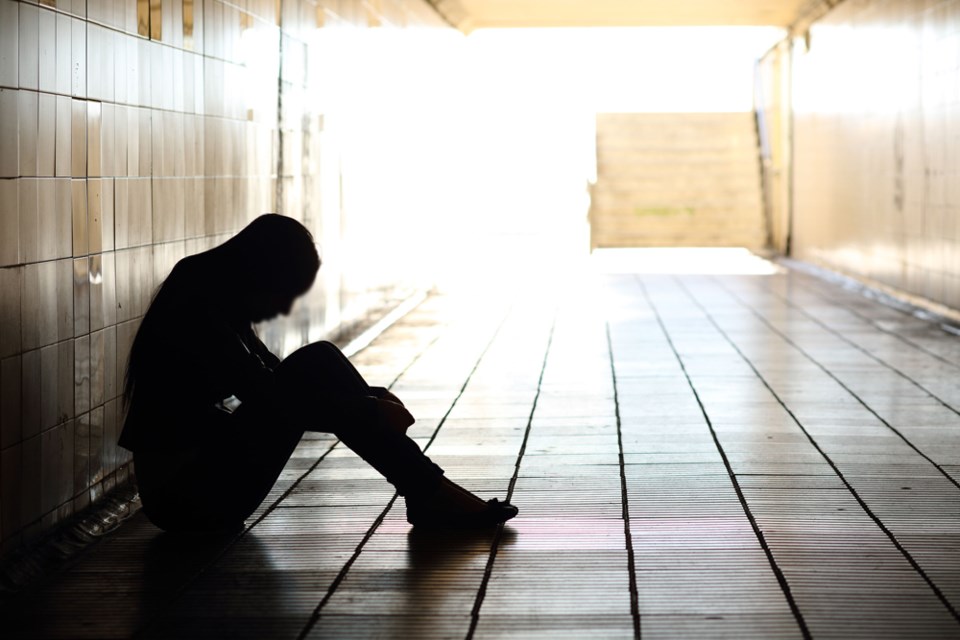Someone I know well was a soldier, and a very brave one. He saw and did things nobody should see or do. He left home an idealistic young person determined to do what he thought was right. He came home damaged, changed, and a very much older man.
There were flashbacks. Bursts of anger. Alcohol abuse. Reclusiveness.
It was clear his terrible wartime experiences were tearing apart his essentially sensitive self and that he was suffering what we now call Post Traumatic Stress Disorder (PTSD). In addition to his more obvious symptoms, he had become emotionally unavailable, untrusting, and secretive – quite unlike his previously gregarious nature.
Now, the reason PTSD is written as a proper-noun phrase – with first letters capitalized – is that it is a formally recognized mental health condition and appears in the Diagnostic and Statistical Manual of Mental Disorders, otherwise known in its current edition as DSM-5. It was not always so.
For years, PTSD and its symptoms were recognized as a species of anxiety disorder that was treatable by various means. But, like depression, there were strong currents of disbelief. PTSD, some said (and still do today), was and is a false diagnosis made by therapists with professional reputations and money to be made – a cure in search of a disease, as Kurt Vonnegut once remarked.
There have been two major areas of contention. The first is the reality that not all people who experience terrible things go on to suffer from PTSD-like symptoms. The second is that symptoms vary so widely in extent and severity, that PTSD cannot be considered a singular condition – that the capital letters are undeserved.
These, in my view, are specious objections.
It will be news to nobody with an even passing understanding of disease – physical or mental – that individuals respond differently to potentially causative agents of illness.
For example, I grew up at a time when the waters of Georgia Strait were full of poisonous effluent from Port Mellon and were more than once fouled by oil spills. We ate the salmon and cod we caught in front of our place at Roberts Creek, and dined on the oysters, clams and mussels we gathered at the rocky point at Stephens Creek.
None of my family got sick, though other folks eating the same food did. Does this disparity invalidate the fact that certain kinds of industrial waste cause disease? Hardly.
But, medical quibbling aside, the real harm done by PTSD skeptics is social.
To cast doubt on the reality of certain mental illnesses – depression being one – is to create stigma. Those of us who contend with mood and emotional ups and downs, however severe, are more deeply injured by the largely silent opinion that these states of mind are the product of weakness. “Pull up your socks,” it is said by some. “Stop feeling sorry for yourself. Get it together.”
Another old friend, another former soldier who served with an elite Canadian unit, could not live with the reality that his society viewed his PTSD as no more than weakness and self pity. He was a true warrior who loved a good fight. But his trauma was moral. He could not live with the offenses to human decency he witnessed and took part in and the social shame he experienced.
He hanged himself.



